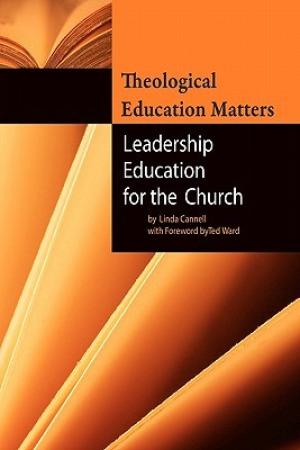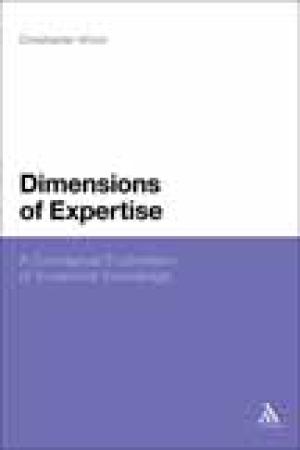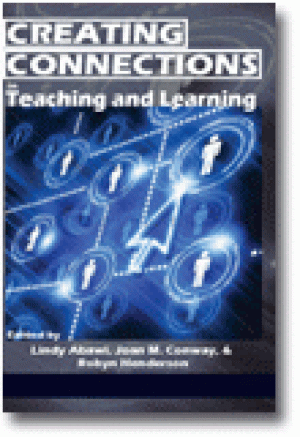Resources
Mentoring is an important but often overlooked resource in theological education and students' academic and spiritual formation. This essay profiles the mentoring practices and postures of the writing tutor and the spiritual director as exemplars of academic and spiritual mentoring. An extended probe of this analogy affirms the integration of academic and spiritual formation as a core value in theological education; identifies mentoring in theological education as a hidden treasure fostering this integration and warranting attention as a theological practice; and re-envisions the theological practice of mentoring under the traditional rubric of the “care of souls,” embracing the relational, educational, formational, spiritual, and rhetorical dimensions of this practice.
The course “Empowering Youth for Global Citizenship” seeks to equip students to teach global citizenship by engaging them in practices of ascetic withdrawal from consumer habits and active engagement in the public sphere. These goals underlie the design of the assignments, but should have also shaped the relationship between the assignments themselves. This article addresses the issue of course design in the service of empowering students for engagement in the public sphere by reflecting upon the course assignments, with emphasis on a project that worked well, and the implications this has for its relationship to the other course assignments, including one that missed the mark. The exploration of this misalignment between the learning goals and actual outcomes of the different assignments brings to light the unique role of learning communities of accountability and acceptance in deepening the impact of assignments aimed at personal transformation, as well as the rich dynamic that can come from coordinating course assignments to bring “head, heart, and hands” together.

Linda Cannell served churches and theological schools in Canada for about twenty years before joining the faculty of Trinity Evangelical Divinity School in Deerfield, Illinois in 1990. While at Trinity, she served as a professor of Educational Ministry and directed the PhD in Educational Studies program. She now serves as Lois W. Bennett Distinguished Professor of Educational Ministries at Gordon-Conwell Theological Seminary in South Hamilton, Massachusetts. (From the Publisher)
This article explores assignments as a core teaching practice essential to integrating the cognitive, personal, and professional identities of seminary students. These core practices emerge in seminary curricula where there is a strong focus on the teaching of canonical texts and a goal of achieving textual mastery. We propose that carefully chosen and constructive assignments achieve the kind of integration necessary for building content knowledge and the professional, spiritual, and religious identities of our students. While the difference between the educational goals of clergy-training in a seminary and training graduate students in the academy can be sharp, we argue here for ways to make that contrast both productive and generative.

A detailed philosophical debate on the nature of expertise is long overdue and Dimensions of Expertise opens up that debate. Christopher Winch firstly explores an account of know-how, derived primarily from the pioneering work of Gilbert Ryle, and moves on to relate this epistemological debate to discussions concerning the nature of expertise in vocational and professional education, including attempts to provide a theory of expertise. (From the Publisher)
Effective pedagogy in the capstone course or integrative seminar — a 1000 word response to a Call for Papers.

This book explores the wide range of contexts in which research into creating connections in learning and teaching may take place. Creating connections can encompass making links, crossing divides, forming relationships, building frameworks, and generating new knowledge. The cognitive, cultural, social, emotional and/or physical aspects of understanding, meaning-making, motivating, acting, researching, and evaluating are explored as constituent forms of creativity in relation to such connections. From this exploration the authors identify varied connective contexts and means which include the learner, the educator, the organisation, and the relevant community. The crossing of divides, forming learner-educator relationships, bringing together diverse groups of learners, establishing networks and partnerships among educators, and establishing links between organisations and communities are all considered as connections which can be created by and within the learning and teaching dynamic. By examining the factors which help to facilitate and/or restrict the possibilities for creating connections in educational contexts, implications for and outcomes of learning and/or teaching arise from the connections created. The final chapter of this book will explicate the realisations that have emerged for educators and researchers working to create connections. These offer suggestions for future directions and enunciate what and how connections might contribute to both educational institutions and the broader society. (From the Publisher)
Effective pedagogy in the capstone course or integrative seminar — a 1000 word response to a Call for Papers.
What is the relationship between the academic knowledge of the guild and the formation of students in the classroom? This Forum gathers four essays originally presented at a Special Topics Session at the 2009 conference of the American Academy of Religion (Atlanta, Georgia), with a brief introductory essay by Fred Glennon explaining the genesis of the panel. Douglas Jacobsen and Rhonda Hustedt Jacobsen clarify some of the issues at stake in undergraduate liberal arts classrooms by distinguishing between four dimensions of what they refer to as “the (in)formation teaching matrix: institutional context, course content, faculty roles, and student outcomes. John Thatamanil argues that all learning necessarily presupposes formation. Amanda Porterfield argues against using the word “formation” because it complicates and undermines her teaching goals to historicize religion and narratives about it through open-ended inquiry. And, finally, Mary Elizabeth Moore explores the interactive processes linking formation, information, reformation, and transformation.
Seminary education requires that students learn a complex body of theological knowledge, engage in the practices of ministry, and develop as persons of faith and vocation. Utilizing the six aspects of significant learning experiences defined by L. Dee Fink – foundational knowledge, application, integration, the human dimension, caring, and learning how to learn – the author explores teaching practices that reframe knowing, doing, and being in seminary classrooms.